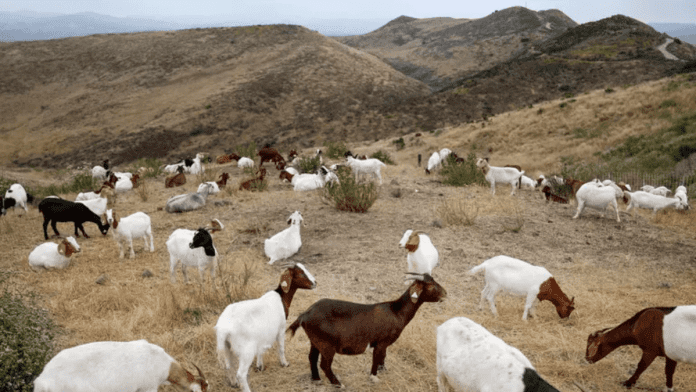News in Brief:
– A goat in Minnesota has tested positive for highly pathogenic avian influenza (HPAI), marking the first case of HPAI in domestic livestock in the US.
– Local farmers are urged to implement strict biosecurity measures to prevent the spread of the infection, including isolating poultry from other livestock and monitoring for symptoms.
A goat in Minnesota has recently been diagnosed with highly pathogenic avian influenza (HPAI). This disease typically affects wild and domestic poultry and it marks the first instance of HPAI in domestic livestock in the United States.
According to the report, the goat was housed in close proximity to a poultry flock that previously tested positive for HPAI, sharing both pasture and water sources.
The influenza’s impact on ruminants like goats remains relatively unknown. In this particular case, only young goats were affected, shedding light on potential vulnerabilities within certain animal populations. Investigations are underway by the Minnesota Board of Animal Health, supported by the US Department of Agriculture (USDA).
Mitigating transmission of HPAI in livestocks with protective measures
Experts from North Dakota State University Extension stress the importance of heightened biosecurity measures, particularly during the spring migration of wild birds. With HPAI detected across all US migratory flyways, precautions become paramount for local farmers and producers. Strategies include isolating poultry from other livestock, monitoring for signs of illness, and preventing shared access to water sources.
To safeguard against HPAI transmission, guidelines issued by the University of Minnesota Extension are being emphasised. These include restricting access to water sources frequented by wild waterfowl, vigilant monitoring for symptoms, and minimizing contact between poultry and other livestock species.
Collaborative efforts between livestock producers, veterinary professionals, and governmental agencies are essential in managing HPAI risks. With ongoing surveillance and testing in both wild bird populations and domestic animals, the aim is to contain outbreaks and mitigate potential transmission pathways.
Resources provided by NDSU Extension and UMN Extension offer vital information and guidance for individuals navigating HPAI concerns. These include protocols for livestock protection, vaccination considerations, and avenues for reporting wildlife mortality.
While the presence of HPAI in domestic livestock raises concerns, adherence to recommended protocols and proactive measures can help minimise risks to both animal welfare and public health. By staying informed and collaborative, communities can effectively address emerging challenges in agricultural and environmental health.



